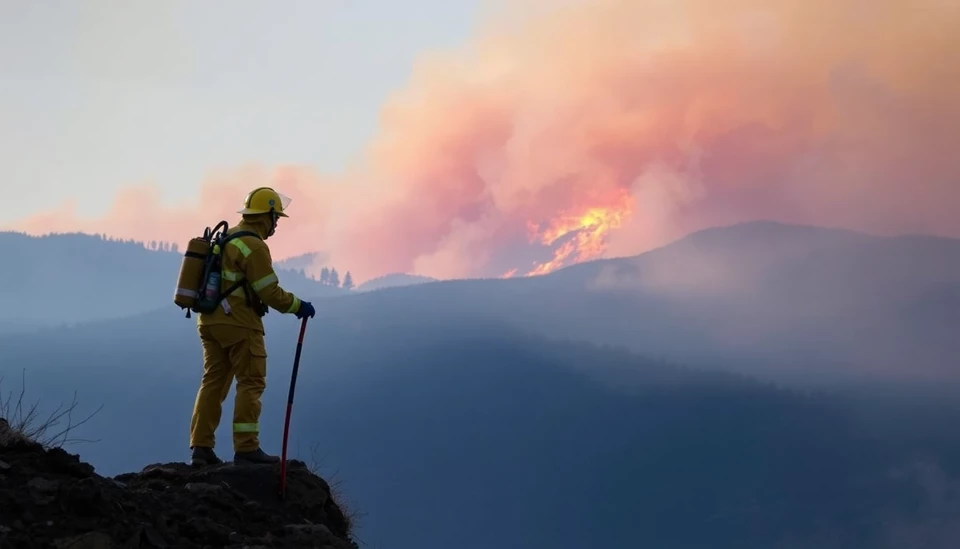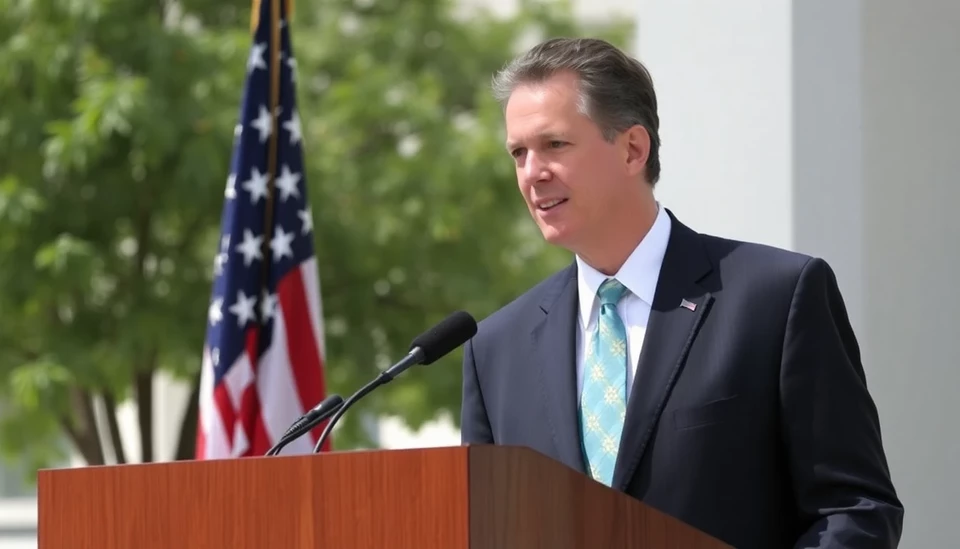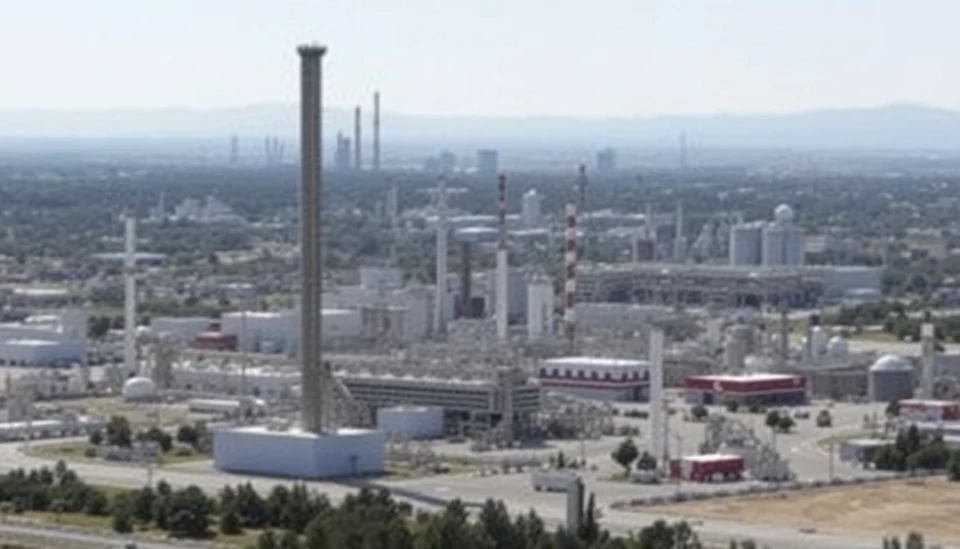
In California, the ongoing insurance crisis is unearthing a complex web of challenges that stem from unprecedented wildfire payouts. As the state grapples with the escalating costs of home insurance, a significant proportion of policyholders are facing increased premiums or losing coverage altogether. This situation reflects the broader implications of climate change, as rising temperatures and increasingly severe wildfires pose not just immediate threats to residents but also long-term ramifications for the insurance industry.
Insurance companies in California are reporting substantial losses due to payouts related to wildfires, which have become both more frequent and more destructive. In recent years, the financial toll on insurers has led to a tightening of coverage availability, pushing many residents to either seek coverage from out-of-state providers or forgo insurance altogether. The crisis has sparked urgent discussions among lawmakers, insurers, and consumers about how to address these challenges.
The state’s insurance market has reached a breaking point as major insurers, citing losses in the billions, are either reducing their involvement in California or increasing premiums dramatically. Some firms have even ceased writing new policies, leaving homeowners particularly vulnerable. The situation raises troubling questions about the future of homeownership and safety in wildfire-prone areas, where the risk is amplified by climate change.
At the heart of the controversy is a policy dilemma: how can California balance the need for affordable insurance with the reality of increasing risks posed by natural disasters? While policymakers are pushed to implement reforms, the insurance companies argue that without substantial changes to risk assessment and mitigation, they may be unable to sustain their operations in the state.
The response from the state government has included efforts to regulate premium increases and encourage more robust fire prevention strategies. However, critics argue that these measures are merely superficial solutions to a deeply rooted issue. There is a growing call for innovative approaches to insurance, such as using technology for improved risk assessment and encouraging more transparent communication to ensure that homeowners understand their coverage options.
As homeowners in California brace for the coming wildfire season, many are left wondering what the future holds. For some, the prospect of facing a catastrophic wildfire without adequate insurance is frightful. The crisis has become a clarion call for a comprehensive re-evaluation of how insurance operates in the face of climate change, compelling all stakeholders to reimagine a system that can withstand an increasingly uncertain climate.
In conclusion, California's insurance crisis serves as both a warning and an opportunity. It underscores the immediate need for innovative thinking in the insurance sector, while simultaneously challenging consumers, regulators, and businesses to consider how to protect communities in the wake of escalating climate-related disasters.
As this crisis evolves, all eyes will remain on how California navigates the intersection of climate change and the insurance industry. The long-term effects of these decisions could reshape the landscape of home ownership, risk management, and environmental policy in the years to come.
#California #InsuranceCrisis #Wildfires #ClimateChange #HomeInsurance #PolicyChange #RiskAssessment #CommunitySafety
Author: Sophie Bennett




